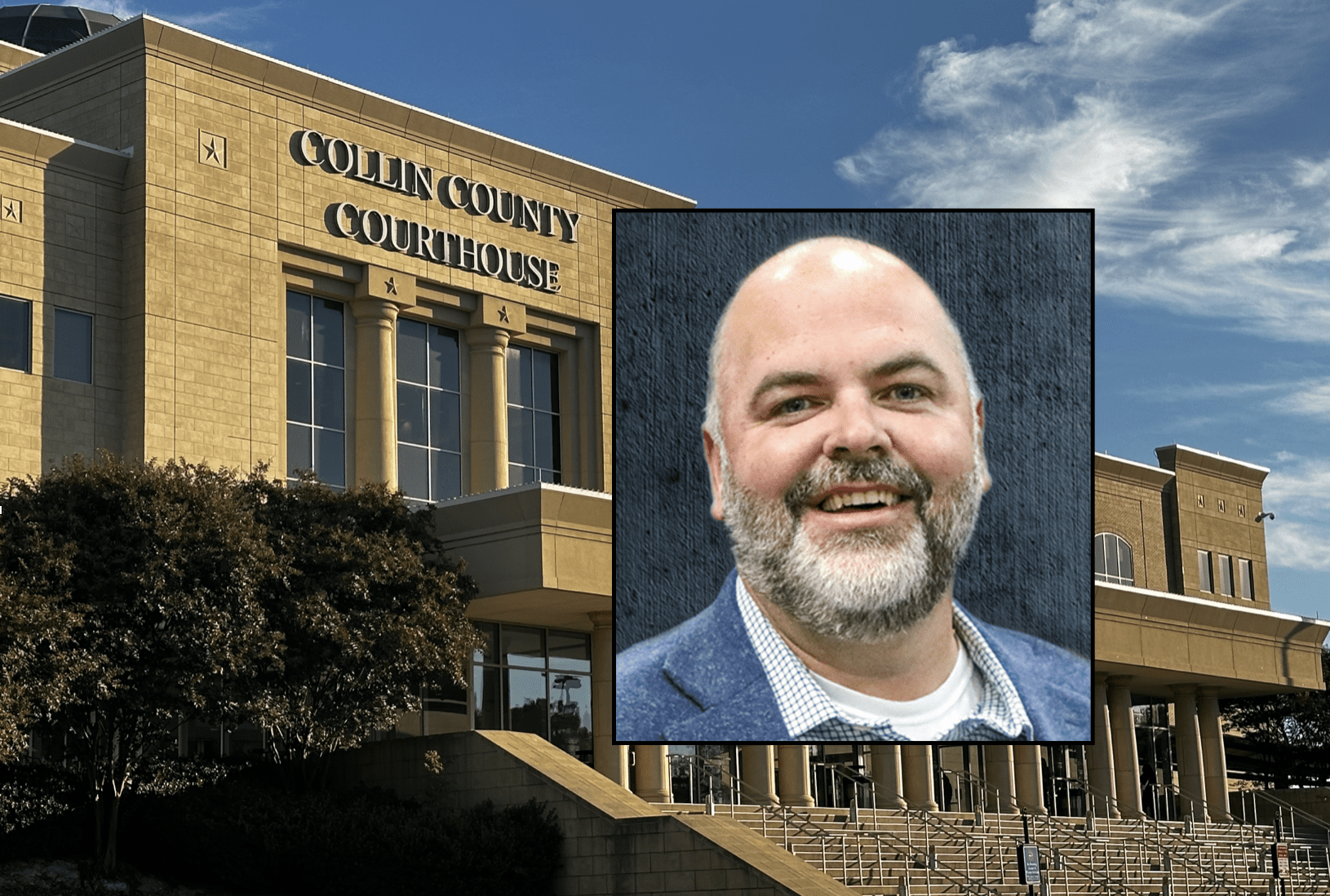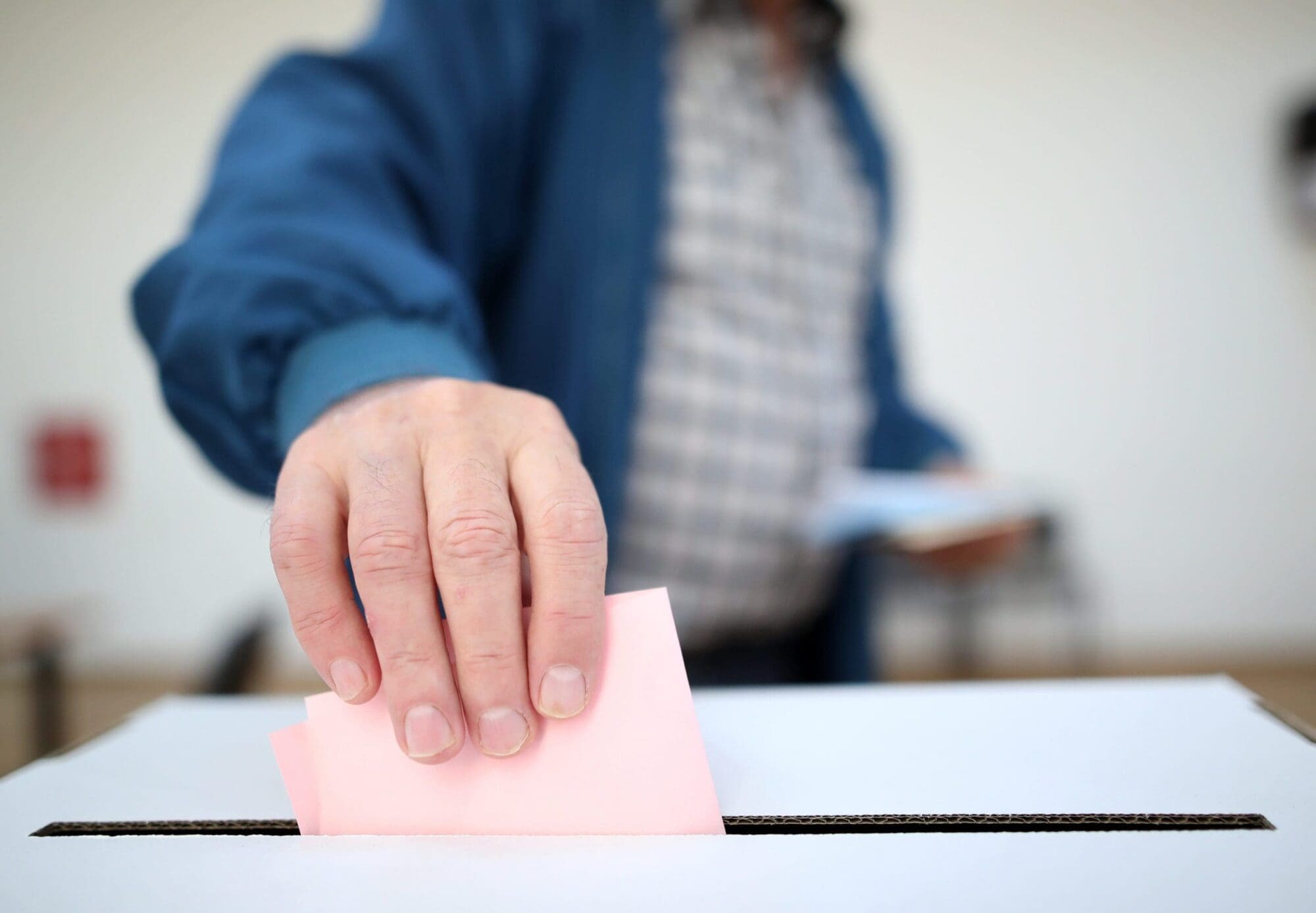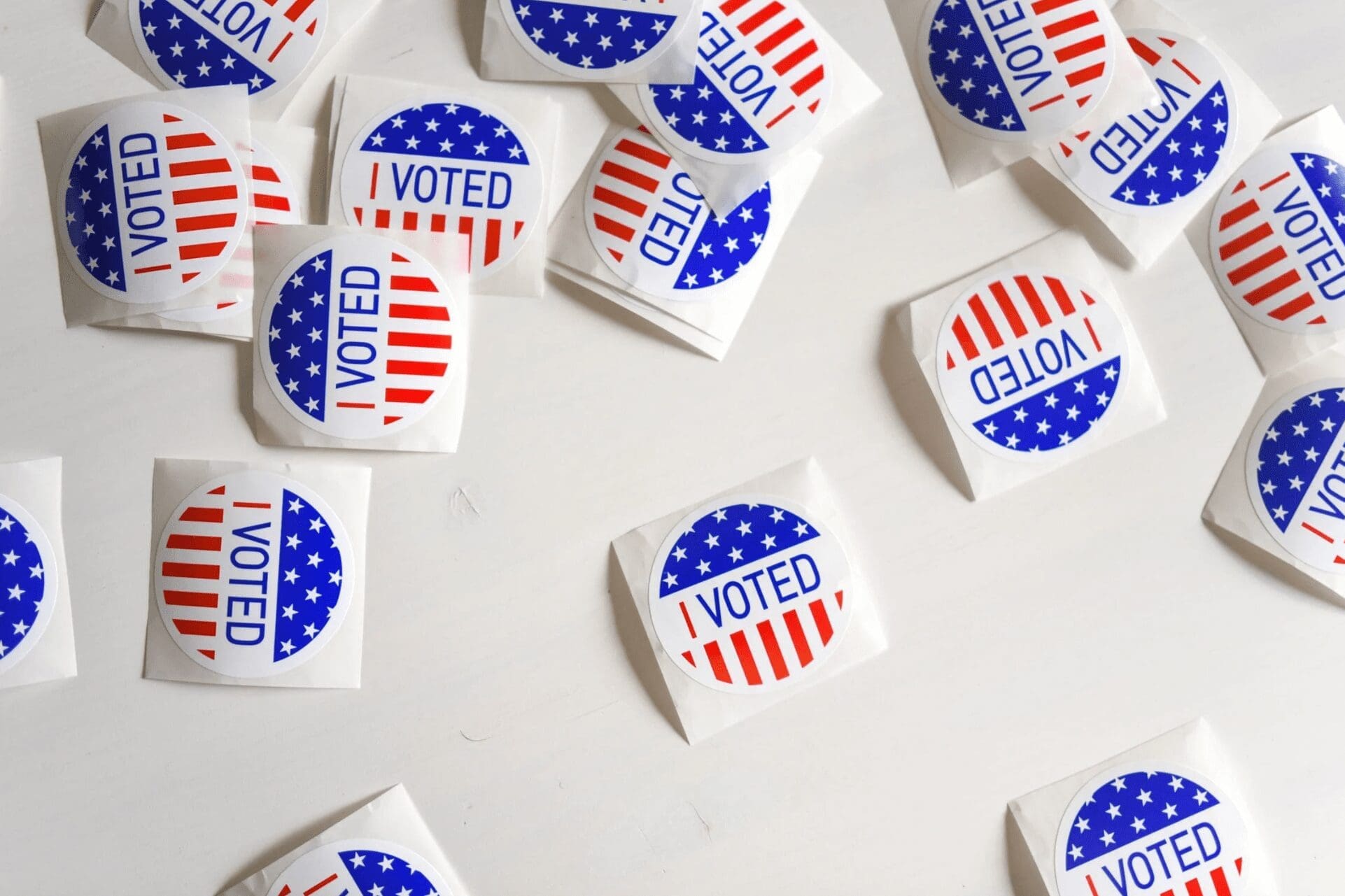The report, Building Bias, is based on grant documents obtained by the Public Interest Legal Foundation, a nonprofit law firm dedicated exclusively to election integrity.
It shows “ZuckBucks” impacted almost 75 percent of Texas residents, with grants financed by the social media mogul given to 115 of the state’s 254 counties.
The bulk of the cash—$25 million—went to county election offices in Dallas and Harris. Together, the two Democrat-dominated counties account for nearly a quarter of all registered voters in the state.
 PILF found the private money made a difference in Texas’ 2020 election results by building “structural bias” into local election administration, and it “started the process of turning Texas toward procedures outside of the normal statutory framework for running elections.”
PILF found the private money made a difference in Texas’ 2020 election results by building “structural bias” into local election administration, and it “started the process of turning Texas toward procedures outside of the normal statutory framework for running elections.”
Grant award letters reviewed by the Foundation showed Texas counties were given money to help shift voting to the mail and away from traditional procedures in Texas law.
The large blue-leaning counties received huge sums to transform their elections. Smaller red counties did not receive anything close.
More money spent targeting voters in Democrat-dominated counties meant more Democrat turnout.
“Private parties cannot be allowed to pay for preferred modes of elections in Texas or anywhere else,” said PILF President and General Counsel J. Christian Adams.
The Texas grants were part of at least $400 million Zuckerberg funneled to select local election administrators across the country, primarily through the Center for Tech and Civic Life, a left-leaning nonprofit run by Obama-era Democrat political operatives.
As Texas Scorecard previously reported, last September, Zuckerberg gave CTCL $250 million to redistribute to local election officials as COVID-19 Response Grants to “promote safe and reliable voting” during the Chinese coronavirus outbreak.
He also gave $50 million to the Center for Election Innovation and Research to “combat disinformation” about the 2020 election, among other things. The Facebook founder kicked in another $100 million to CTCL in October.
Dallas County received $15 million, the largest grant awarded; Harris received $9.6 million.
While legal, the strategic funding arguably gave Democrats a boost.
Adams said the private dollars “were used in a way to pressure officials to alter existing Texas election procedures adopted by the Texas legislature.”
In addition to personal protective equipment and “hazard” pay for poll workers, Harris County election officials used the extra cash to set up “drive-thru” voting—something Texas law doesn’t allow for—and 24-hour voting.
Counties also spent ZuckBucks to boost mail-ballot voting by mass-distributing unsolicited ballot applications—again, something not allowed for in Texas election code—and on general “voter outreach” messaging.
Zuckerberg’s cash appears to be part of a larger “shadow campaign” described in a February Time article that detailed a “well-funded cabal of powerful people” who “helped secure hundreds of millions in public and private funding” and “got states to change voting systems and laws.” The Democrat-led “alliance” of labor unions and other members of the “institutional left,” plus anti-Trump “resistance” members and chambers of commerce, also “pressured social media companies”—including Zuckerberg’s Facebook—to suppress anything about the presidential election they considered “disinformation.”
Legislation filed in the Texas House and Senate this session would prohibit private money from being injected into local government election offices.
House Bill 2283 by State Rep. Phil King (R–Weatherford) would ban all private money from going to local government election administrators. King’s bill was referred to the House Elections Committee on March 15 but has yet to receive a public hearing.
Senate Bill 7—priority election integrity legislation that passed out of committee last week and awaits action by the full Senate—includes a provision to prevent county governments from accepting donations of more than $1,000 for use in administering elections without written consent from the secretary of state, who must first get approval from the governor, lieutenant governor, and speaker of the house.
“Election administration is the most fundamental function of local and state government and must be funded accordingly, full stop,” Adams added.
Concerned Texans can contact state lawmakers about pending legislation. Details about bills, along with resources to help citizens participate in the legislative process, are available at Texas Legislature Online.





